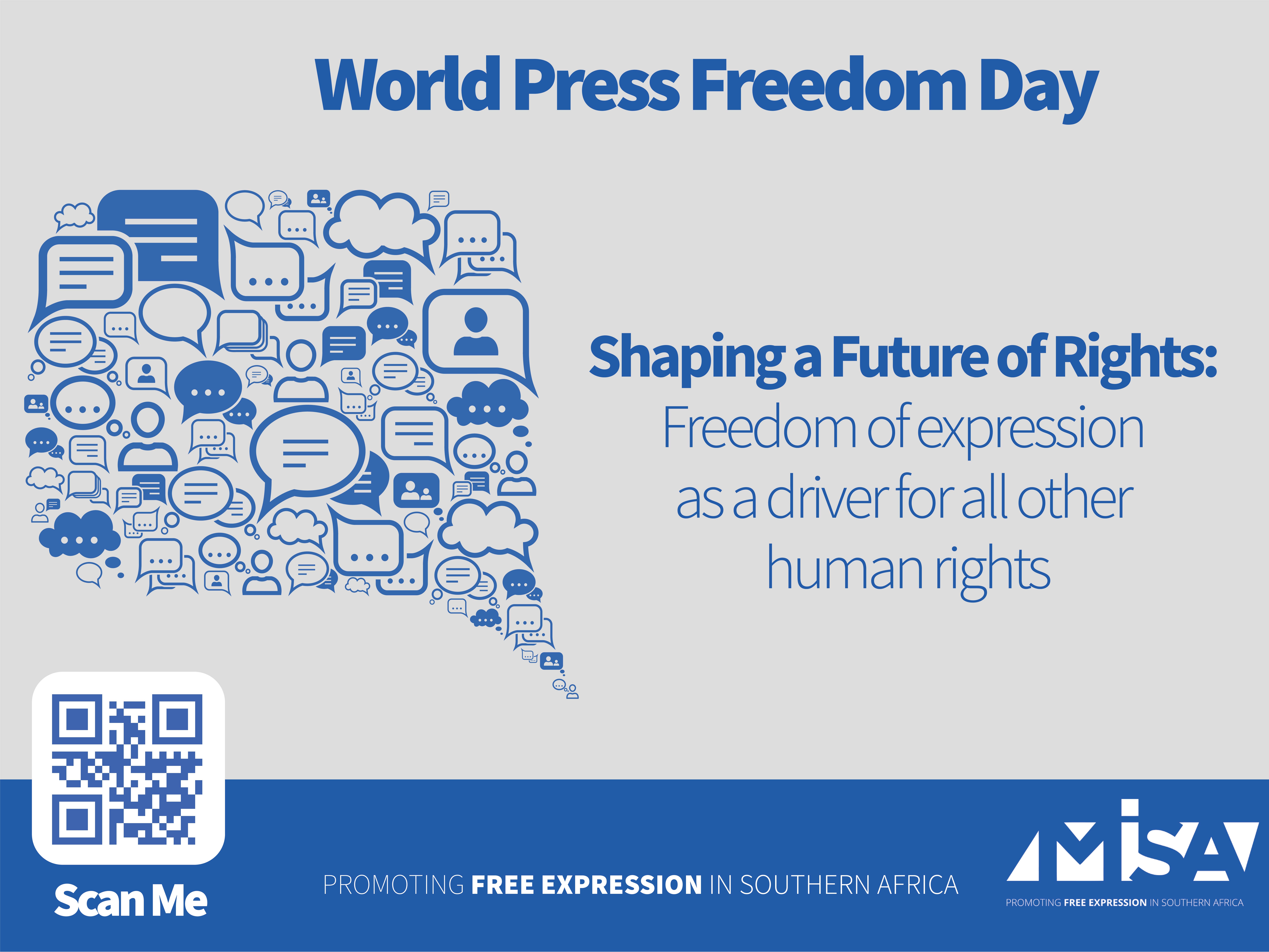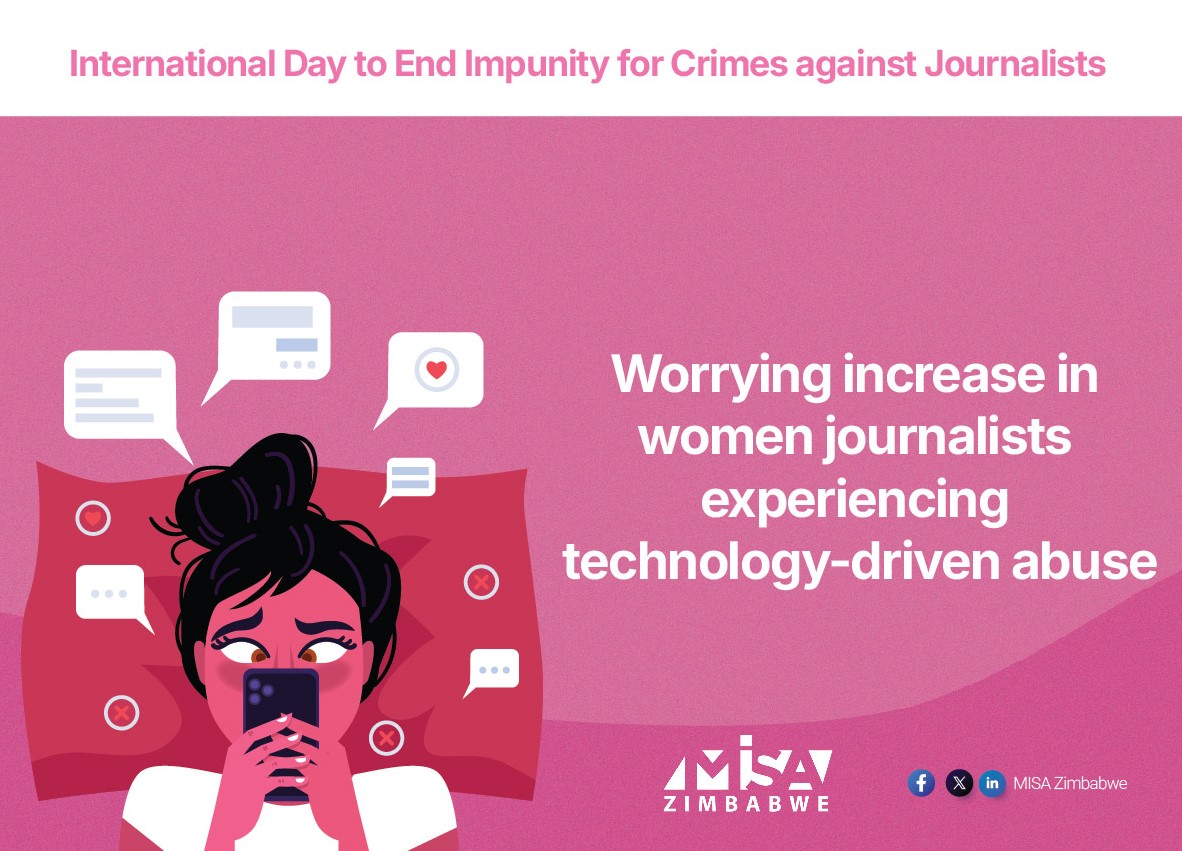Media freedom and freedom of expression are increasingly facing challenges in Southern Africa as countries in the region enact laws that have an adverse effect on these rights.
In the past decade, Southern Africa made tremendous strides in improving the media freedom legislative environment, with the enactment of laws that guaranteed access to information, while freedom of the media became a constitutionally guaranteed right in most countries.
However, despite this progress, countries are increasingly enacting laws that negatively impact the right to access to information and the right to free expression.
For example, Botswana has enacted the Criminal Procedure and Evidence (Controlled Investigations) Act, while Mozambique has the Social Communications Law and is drawing up a law that will affect the operations of civil society. Malawi has also enacted a similar law.
The Private Voluntary Organisations Amendment Bill is at an advanced stage of being enacted in Zimbabwe, while the country is also coming up with amendments to the Criminal Law (Codification and Reform) Act, that will have a chilling effect on freedom of expression and freedom of assembly.
This is coupled with the introduction of laws across the region that criminalise the publication of falsehoods. Some countries have also come up with cyber security laws that ostensibly are meant to protect data online but, in essence, criminalise defamation and the publication of falsehoods.
Research and court rulings have proved that criminalising defamation and the publication of falsehoods has a chilling effect on freedom of expression and of the media.
Internet shutdowns are increasingly seen as a tool for shutting down critical voices, such as what happened in the Democratic Republic of Congo, Eswatini, Tanzania, Zambia and Zimbabwe in the past few years.
There are also emerging threats that come with the growth of the digital ecosystem, among them, cyberbullying, particularly of female journalists.
Thus, the theme for this year’s World Press Freedom Day – Shaping a Future of Rights: Freedom of expression as a driver for all other human rights – is quite apt as it serves as a reminder of the centrality of freedom of expression in the enjoyment of all other human rights.
Freedom of expression is an enabling right for the enjoyment of other rights and when it is under threat, as it is right now, other rights also face similar threats. It is important to point out that all human rights are universal, interdependent, indivisible and interrelated.
Freedom of expression’s function as an enabler of all other rights has been explored and is the cornerstone of many international human rights treaties.
It is imperative for Southern African countries to strongly stress and emphasise the importance of freedom of expression and centre it in the overall discussions of human rights.
It is, therefore, important that Southern African countries revisit the problematic laws that infringe on freedom of expression and of the media. In their stead, they should develop laws that adhere to African Commission on Human and Peoples Rights declarations and protocols.
In addition, laws should stick to international standards on human rights and United Nations charters and declarations.
By doing so, regional countries will be building towards a future that is based on the respect for human rights and democratic governance.
A free, pluralistic and independent media is key for the attainment of the Sustainable Development Goals and the African Union’s Agenda 2063 (The Africa we want).
Thus, this World Press Freedom Day should serve as an opportune time for us to pause and imagine what kind of a future we want for Southern Africa.
In dreaming of a better future, it should be one that puts human rights at the core of everything, with freedom of expression being at the centre, considering its role as enabler of all other rights.
MISA Regional Chairperson
Golden Maunganidze












